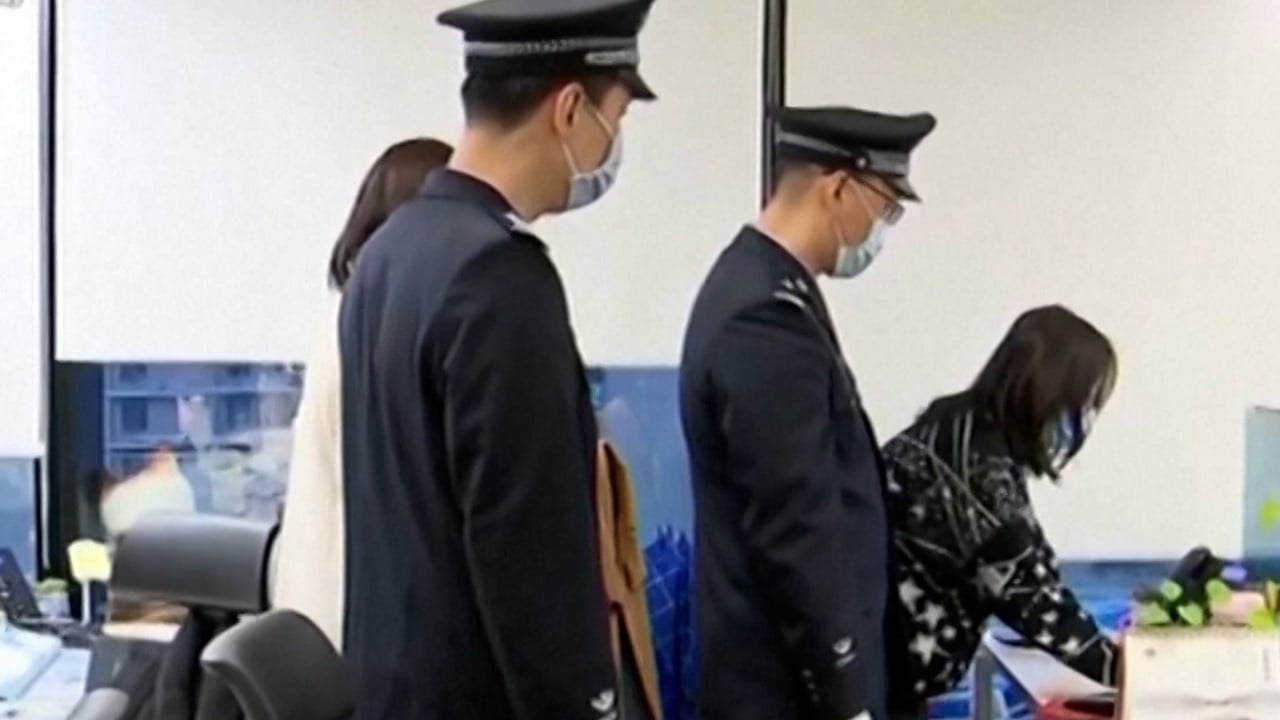
China’s anti-espionage chief urges stronger crackdown using legal tools
- Minister of State Security Chen Yixin calls on senior officials to study new anti-spy law and intensify enforcement
- Beijing increasingly prioritises national security over economic development as it faces pressure from US and allies, observer says
“[We] must take the lead in the study of the law with focus on the newly amended Anti-espionage Law of the People’s Republic of China, and systematically grasp national security laws and regulations,” Chen said in the commentary.
“[We] must use the law for struggles, ramp up the intensity of the crackdown in law enforcement and in judicial means, and enhance our capacity to shape state security using legal tools.”
China to amend anti-espionage law to cover cyberattacks by spy ‘surrogates’
In April, China’s legislature passed a major amendment to its anti-espionage law to establish a legal basis for state security law enforcement over a wider range of data and digital activities, allowing authorities to inspect the facilities and electronic equipment of organisations as well as digital devices such as smartphones and laptops belonging to individuals suspected of spying.
The expansion of the law made foreign companies operating in China worried that previously legal business intelligence operations could become national security offences.
Chen’s commentary was largely taken from a speech he gave during a training course for bureau-level cadres on May 15, which was reported with few details at the time.
In the commentary, Chen called on senior officials to improve their loyalty to Xi and the Communist Party and adhere to directions set by the National Security Commission. He also urged them to study Xi’s political thought on national security work.
According to Alfred Wu, an associate professor at the National University of Singapore’s Lee Kuan Yew School of Public Policy, Beijing is increasingly prioritising national security over economic development as it faces growing internal and external challenges.
“Although Xi has repeatedly said China will adopt a balanced approach between security and development, recent incidents show heightened external pressure from the US and its allies has made China put more effort into tightening its security fence because that presents an immediate danger to the regime’s stability, while slower development is a longer-term risk,” Wu said.
China punishes citizens for sharing information on Xinjiang: top security body
Japan’s government has said some of its citizens have been detained in China while on business during investigations into alleged espionage.
The raids have sent chills across the foreign business community in China, because due-diligence and investigation firms help multinational companies perform feasibility studies to convince their shareholders that they are betting on the right projects in China.


